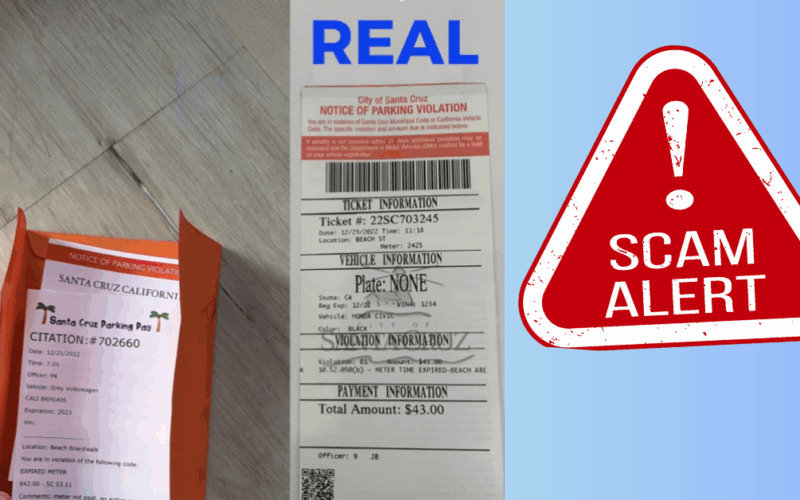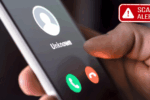Residents in various neighborhoods are urged to stay alert as police have issued a warning about a new door-to-door scam. Following a recent rise in parking ticket scams, fraudsters have shifted tactics and are now targeting homes directly. These con artists often pose as officials or service providers to gain entry and trick people into giving money or personal information.
With scams evolving quickly, it is important for everyone, especially younger people and families, to be aware of the methods used by criminals. Staying informed not only helps protect your household but also your community. In this article, we will explain the latest scam, how it works, and share tips to stay safe.
Understanding the New Door-to-Door Scam
The latest scam involves fraudsters going from door to door in residential areas, pretending to be government officials, utility workers, or delivery agents. They may claim there is an urgent issue like a billing problem, property inspection, or a need for payment related to parking tickets or local taxes. Their goal is to steal money or collect sensitive information such as bank details or ID numbers.
According to the Federal Trade Commission, these scam artists are skilled at manipulating emotions and creating a false sense of urgency. They may ask for cash payments or try to convince you to provide personal information over the phone or through fake websites.
How This Scam Follows After Parking Ticket Fraud
Recent reports show an increase in parking ticket scams where people received fake tickets demanding immediate payment. Many victims who fell for those scams are being targeted again by these new door-to-door frauds, as scammers assume those who paid once might respond similarly. The police warn that these scams often operate together and are run by the same groups.
News outlets like NBC News have highlighted how quickly scam methods adapt, emphasizing the need for constant vigilance. Communities are encouraged to inform neighbors and local authorities if suspicious individuals are seen in their area.
Warning Signs to Watch For
You should be cautious if someone comes to your door unexpectedly and asks for personal information or quick payments. Legitimate officials usually provide identification and will not pressure you to pay immediately without verification. Other red flags include:
- Requests for payment via cash, prepaid cards, or wire transfers
- Unannounced visits or refusal to leave if asked
- Poor knowledge about the service or organization they represent
The UK Police Advice on Scams also recommends never sharing banking information through phone or online unless you have confirmed the source is trustworthy.
Tips to Protect Yourself and Your Community
To stay safe from these scams, always verify the identity of anyone visiting your home. Ask for official ID and contact the company or government department they claim to represent. Never pay upfront or share sensitive details without confirmation.
Additionally, talk to your neighbors, especially the elderly or those living alone, who may be more vulnerable to such frauds. Reporting suspicious behavior to local police immediately can help prevent others from falling victim.
It’s also useful to stay updated about common scams through reliable sources such as the Federal Trade Commission and your local law enforcement websites.
Conclusion
As scammers continue to innovate their tactics, awareness and caution are your best defense. The recent shift from parking ticket scams to door-to-door fraud shows just how quickly criminals adapt. By staying informed, verifying visitors, and spreading the word in your community, you can help protect yourself and others from becoming victims.
Remember, no genuine official will rush you into making payments or revealing private information at your doorstep. Stay alert, stay safe, and report any suspicious activity immediately.




